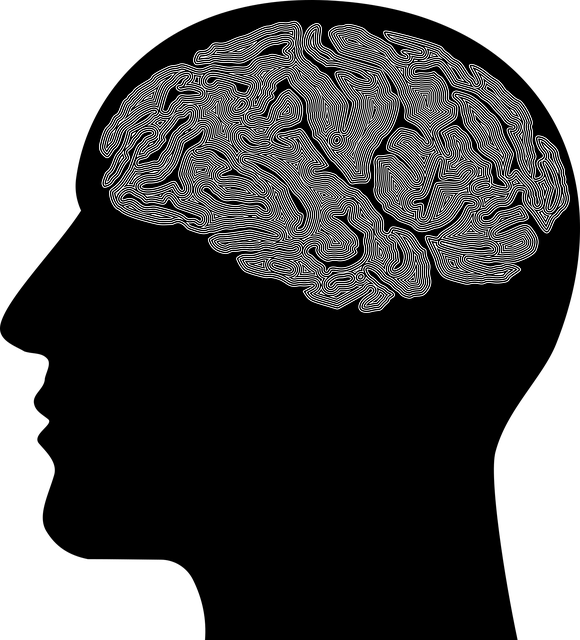Social skills training (SST) is a vital component in improving quality of life for adults facing terminal illnesses, addressing communication, relationships, and emotional coping strategies. SST, integrated with traditional medical care, reduces stigma, promotes mental health by providing tools to manage symptoms like depression and anxiety, and enhances overall well-being. For these individuals, building strong support systems through therapy for adults terminal illness fosters resilience, encourages meaningful connections, and develops inner strength during challenging times.
Social skills training is a powerful tool for improving mental health, especially among individuals facing challenging conditions. This article explores how understanding and developing social skills can significantly impact overall well-being. We delve into specific strategies within therapy contexts, such as those aiding adults with terminal illnesses. By examining techniques for effective skill development, building support systems, and fostering social connection, we offer insights that enhance therapeutic outcomes.
- Understanding Social Skills and Their Impact on Mental Health
- The Role of Social Skills Training in Therapy for Adults with Terminal Illnesses
- Strategies and Techniques for Effective Social Skills Development
- Building Support Systems and Promoting Social Connection
Understanding Social Skills and Their Impact on Mental Health

Social skills are fundamental to our daily interactions and overall well-being. They involve a range of abilities, from effective communication and active listening to empathy and conflict resolution. For individuals living with mental health conditions, such as depression, anxiety, or even terminal illness, navigating social situations can be challenging. These conditions may lead to social withdrawal, making it difficult for them to build and maintain meaningful connections.
The impact of poor social skills on mental health is significant. Isolation and loneliness, stemming from social difficulties, can exacerbate symptoms of various mental health disorders. Conversely, developing strong social skills can foster resilience, a key component in managing stress and improving overall mental well-being. Organizations like Stress Management Workshops are pioneering compassion cultivation practices and resilience-building therapy for adults with terminal illness, offering valuable support to help individuals reclaim their social lives.
The Role of Social Skills Training in Therapy for Adults with Terminal Illnesses

Social Skills Training (SST) plays a pivotal role in enhancing the lives of adults facing terminal illnesses. Beyond managing symptoms and providing medical care, therapy should address the social and emotional aspects that significantly impact their well-being. SST offers a unique opportunity to help these individuals navigate the challenges of their condition with dignity and improved quality of life. By focusing on communication, relationship-building, and coping strategies, patients can better express their needs, maintain meaningful connections, and cope with the emotional turmoil often associated with terminal diseases.
Incorporating SST into the treatment plan for adults with terminal illnesses not only aids in stigma reduction efforts but also fosters inner strength development. It empowers them to take control of their social interactions, enhancing their sense of self-worth and overall mental health. This approach complements traditional therapy by providing practical tools to manage symptoms like depression and anxiety, thereby promoting a more holistic healing process.
Strategies and Techniques for Effective Social Skills Development

Social skills training is a powerful tool for individuals navigating mental health conditions, especially when coupled with therapy for adults terminal illness. Effective strategies involve a multi-faceted approach. Group therapy sessions foster a supportive environment where participants can practice communication, learn to read social cues, and develop coping mechanisms for stressful interactions. Role-playing exercises allow individuals to simulate real-life scenarios, building confidence in their ability to navigate social situations with ease.
Beyond traditional techniques, incorporating mindfulness practices into social skills development enhances awareness and presence in conversations. Mindfulness encourages individuals to listen actively, be present in the moment, and respond thoughtfully rather than reacting impulsively. Additionally, stress management workshops teach valuable tools for mental health awareness, enabling participants to identify triggers and implement healthy coping strategies. These holistic methods empower individuals to build robust social connections while managing their conditions effectively.
Building Support Systems and Promoting Social Connection

Building strong support systems is a cornerstone of managing mental health conditions, especially for individuals facing challenging situations like a terminal illness. Therapy for adults with terminal illnesses often emphasizes the importance of connection and community to enhance emotional well-being during this difficult time. Encouraging patients to foster meaningful relationships can provide a sense of belonging and improve coping mechanisms. Support systems offer a safe space to express emotions, share experiences, and receive encouragement, all vital aspects of nurturing mental resilience.
Healthcare providers play a crucial role in promoting social connection through cultural competency training. By understanding the diverse needs and backgrounds of their patients, healthcare professionals can create inclusive environments that foster inner strength development. Emotional intelligence, cultivated through appropriate training, allows providers to recognize and address the unique emotional challenges faced by individuals with terminal illnesses, thereby facilitating deeper connections within support systems.
Social skills training plays a pivotal role in enhancing the well-being of individuals with mental health conditions, especially those facing terminal illnesses. By understanding the impact of social connections and implementing effective strategies, therapy for adults with terminal illnesses can be revolutionized. Incorporating support systems and fostering social interaction not only improves their quality of life but also provides a sense of belonging and purpose. This holistic approach to mental health care is crucial in navigating the challenges that come with serious health conditions, ultimately promoting resilience and a more fulfilling life.














